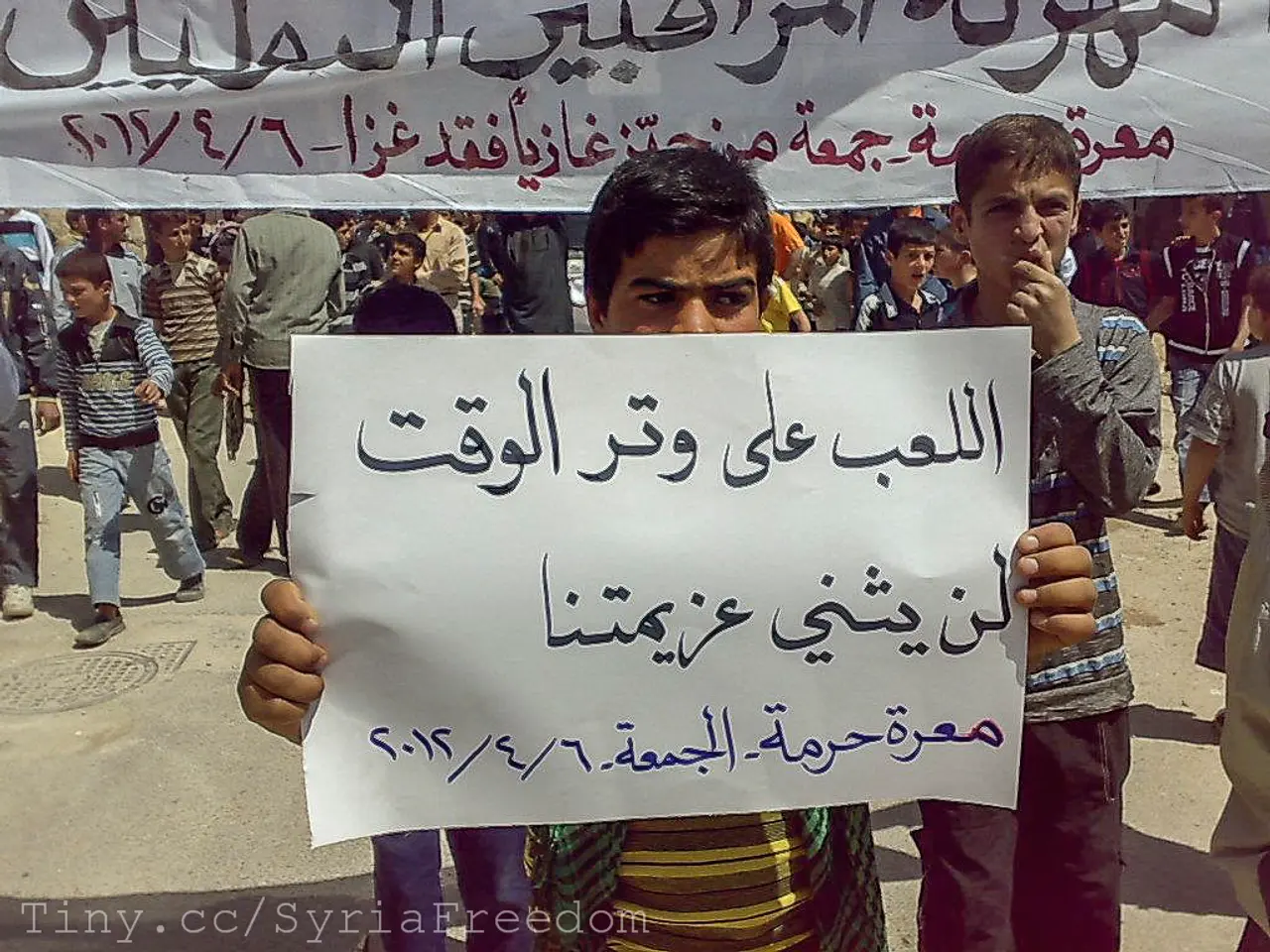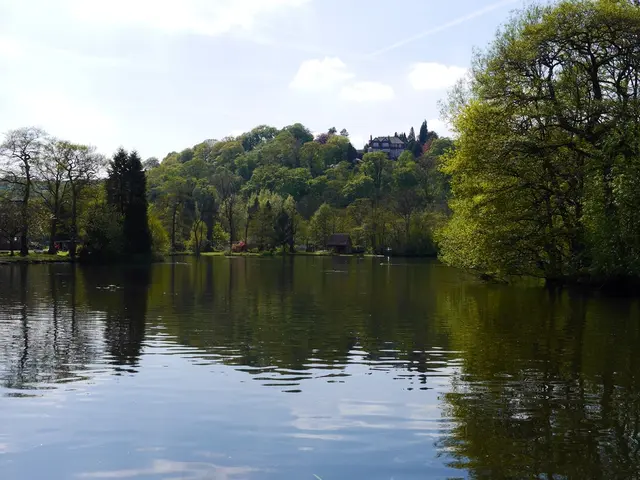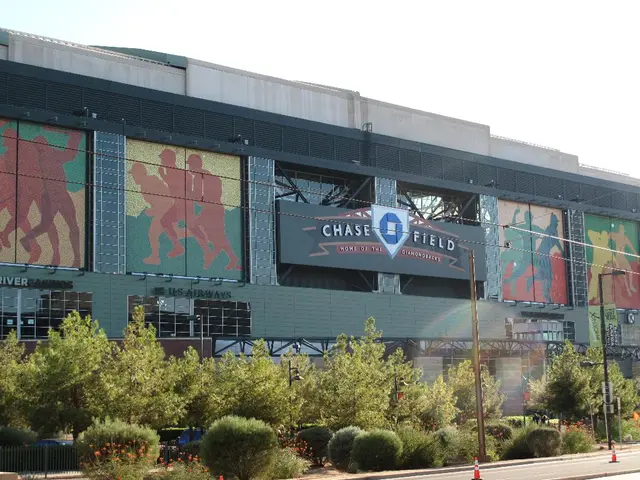New Caledonia's Independence Front Rejects Bougival Agreement
Independent FLNKS forces in New Caledonia formally reject the Bougival accord
The New Caledonian Independence Front (FLNKS), a significant pro-independence coalition, has formally rejected the Bougival Agreement, signed on July 12, 2025. The accord, aimed at establishing a "State of New Caledonia" within France, has been met with controversy due to its vague terms and lack of provisions for a new referendum on independence.
The Bougival Agreement, heralded as a historic compromise by Minister for Overseas Territories Manuel Valls, proposes the creation of a dual nationality system (French and Caledonian) and gradual transfer of competencies to New Caledonia, with France retaining control over defense, justice, security, and currency for now[1][2]. However, the agreement's implementation faces significant challenges, including enshrining it in the French Constitution and validating it through a local referendum in New Caledonia, scheduled for February 2026.
The FLNKS argues that the agreement ignores proposals from independence leaders and the latest census results crucial for establishing voting rolls. There are also concerns that France may have negotiated in bad faith and that the accord was only a draft, leading to deep divisions within the pro-independence community[4]. Despite some pro-independence parties like the Parti de Libération Kanak (Palika) and Union Progréssiste en Mélanésie (UPM) endorsing the agreement as a step towards sovereignty, FLNKS's rejection highlights the ongoing challenges in achieving consensus among New Caledonian political forces[3][4].
The rejection was confirmed at an extraordinary congress of the movement on Saturday, August 13. The FLNKS has warned the State against any new attempts at forced action, referring to the project to unfreeze the electoral body proposed by Gerald Darmanin[5]. In a video conference from Mulhouse, FLNKS President, Christian Tein, denounced a "forced-march agreement proposed by Macron"[6].
The mobilization of the independence camp against the project to unfreeze the electoral body resulted in riots on May 13, 2024, leading to months of clashes. These clashes resulted in 14 deaths and several billion euros in damages[7]. The lack of a new referendum on independence has sparked outrage among independence activists, as previously stated[8].
Despite Valls' assertions that Bougival is a fruit of months of work with all delegations, including that of the FLNKS[9], the coalition has refused to participate in the drafting committee proposed by the Minister for Overseas Territories[10]. Marie-Pierre Goyetche, a Labour Party member and a member of the political bureau, has stated, "Bougival is behind us"[11]. However, the ongoing rejection by the FLNKS underscores the complexities and divisions in New Caledonia's struggle for independence.
References
- Le Journal de Monde
- France Info
- RFI
- Le Monde
- France Info
- Le Monde
- RFI
- Le Monde
- Le Journal de Monde
- RFI
- France Info
- The ongoing rejection of the Bougival Agreement by the New Caledonian Independence Front (FLNKS) suggests a continued polarization in the politics of New Caledonia, as the policy-and-legislation concerning war-and-conflicts, migration, and general-news remain debated.
- The FLNKS's stance against the agreement emphasizes the importance of addressing other concerns, such as the need for a new referendum on independence, which has sparked outrage among independence activists.
- The non-participation of the FLNKS in the drafting committee for the Bougival Agreement highlights the necessity for inclusive dialogue and consensus in addressing the migration, war-and-conflicts, and political issues in New Caledonia.






